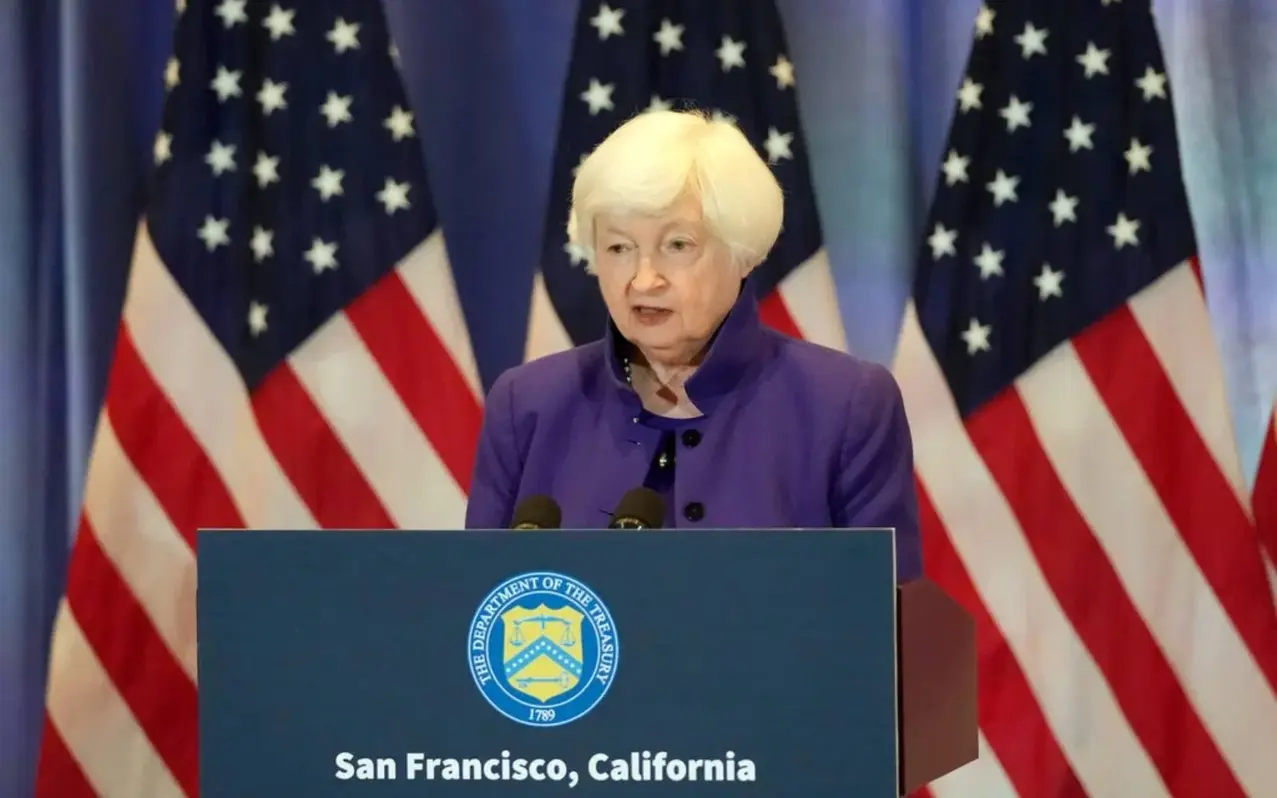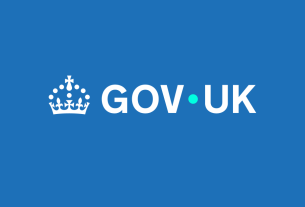U.S. Treasury Secretary Janet Yellen has cautioned the incoming Donald Trump administration against implementing broad tariffs on key trade partners, such as Canada, Mexico, and China, warning that such measures could lead to higher inflation and harm economic competitiveness.
In comments made during an event hosted by The Wall Street Journal on Tuesday, Yellen acknowledged that targeted tariffs could be useful in addressing “unfair trade practices,” but emphasized the potential negative consequences of broad tariffs. She explained that widespread tariffs could increase costs for households and disrupt U.S. industries, raising prices in a manner that could reverse the progress made in reducing inflation, which surged to a 40-year high in 2022 due to supply chain issues and pent-up demand.
Yellen’s remarks come as Trump, who is poised to take office next month, continues to promote tariffs as a tool to negotiate better trade deals, despite their potential to inflate costs. A sharp increase in prices could derail efforts to stabilize inflation, Yellen warned. Her comments signal concerns about the longer-term impacts on the U.S. economy as it recovers from the effects of the pandemic and associated economic disruptions.
Concerns Over Federal Reserve Independence
In addition to the tariff issue, Yellen addressed Trump’s earlier comments about wanting greater influence over U.S. monetary policy. Trump has suggested that he should have a larger role in directing the Federal Reserve’s actions, which could undermine the long-standing independence of the central bank. Yellen, who served as Fed chair before becoming Treasury Secretary, expressed strong reservations about any move to weaken the Fed’s autonomy.
“I think it’s a mistake to become involved in commenting on the Fed and certainly taking steps to compromise its independence,” she said. She warned that such actions could erode confidence in both the financial markets and the U.S. economy, which relies on an independent central bank to maintain stability and credibility.
Trump has softened his position on the Fed recently, indicating that he does not plan to seek the removal of Federal Reserve Chair Jerome Powell before Powell’s term expires in 2026. However, his earlier remarks raised concerns about potential future tensions between the White House and the central bank, despite the legal barriers to his direct influence over Fed personnel.
Fiscal Sustainability and Debt Concerns
Yellen also highlighted the growing concern over the U.S. fiscal outlook, particularly regarding the nation’s increasing sovereign debt. With the federal deficit rising significantly, Yellen stressed the importance of addressing fiscal sustainability, especially in a period of higher interest rates.
The rise in U.S. debt, compounded by soaring interest costs, has prompted caution among investors. Bond giant Pimco recently noted that it has become more hesitant to purchase long-term U.S. government debt due to concerns about sustainability and the potential for rising inflation under the incoming administration.
Yellen’s comments underscore the ongoing challenge of managing the U.S. economy, balancing efforts to combat inflation with the need for fiscal discipline. With interest rates climbing and concerns about the national debt mounting, the incoming Trump administration will face significant challenges in navigating these economic pressures.
Conclusion
As the Biden administration prepares to hand over control to Trump, Yellen’s warnings highlight the potential risks associated with the new administration’s proposed economic policies. From tariffs to fiscal policy, the incoming government will need to carefully consider the long-term impacts of its decisions on inflation, trade relationships, and the overall stability of the U.S. economy. As discussions about the future direction of U.S. economic policy continue, the ability to balance growth with fiscal responsibility will be critical in shaping the nation’s economic trajectory.



